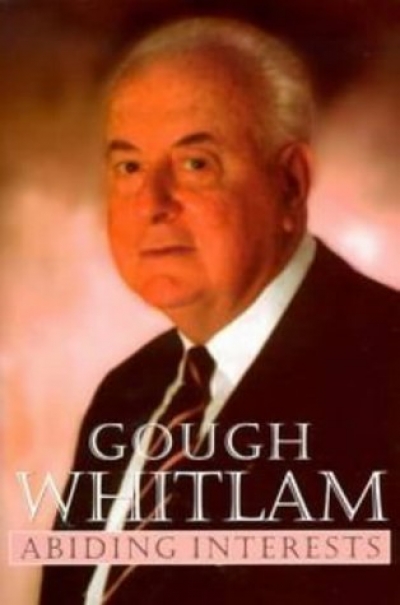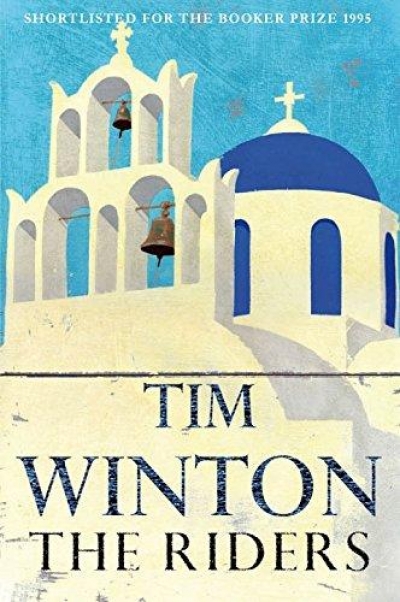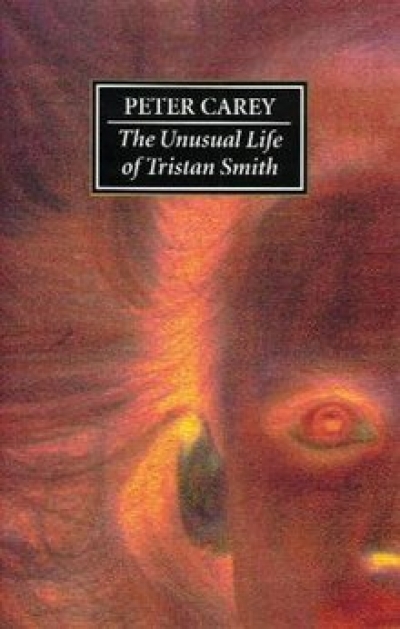Accessibility Tools
- Content scaling 100%
- Font size 100%
- Line height 100%
- Letter spacing 100%
Archive
A few years ago I found myself grouped with some other poets and given a label: ‘Generation of ‘68’. Like most tags it became after a while more a source of irritation than anything else. The description had been given by John Tranter to the inmates of his 1979 anthology, The New Australian Poetry, but before long had become a term of collective abuse as such labels tend to. One of the identified failings of this group of writers was their propensity for ‘game-playing’. So when Geoffrey Lehmann and Robert Gray included poems by one of the ‘sixty-eighters’ in their anthology, The Younger Australian Poets, they prefaced Tranter’s pieces saying they had chosen things which, unlike most of his work, were not purely ‘language-game’ poems.
... (read more)Without the support of a recognisably unified literary tradition, the Australian poet has had to come to terms with the diverse elements of an increasingly heterogeneous culture. Australia is, was, and ever shall be, someone else’s country, a homeland so fundamentally altered as a concept as to be no longer comfortably recognisable as ‘Home’. Paradoxically, if anything has drawn Australian poets together, it has been a strong attachment to the physical environment, the strange and often harsh beauty of an ancient land but one no longer a comfortingly European possession. As far as forms, genres, literary concepts are concerned, writers have had to draw on their own particular sense of a cultural past that has been, for the most part, European in origin. With the passing of time, a growing disharmony has arisen between the natural rhythms of the land and its hapless European inheritors. This alienation has announced itself often enough in poems of nostalgia, loss, and lovelessness.
... (read more)Joseph Banks and the English Enlightenment: Useful knowledge and polite culture by John Gascoigne
Anyone who has had the experience of trying to translate a poem across even a fairly low-density language barrier (say German or French into English) will have tasted the near despair of finding oneself in danger of killing that in the creature that one most wanted to save. Sometimes it feels like cutting down the tree and whittling from the wood a mere mock replica of it – the sap goes, the leaves in all their lively beauty disappear, and at best there’s an artifact which cleverly reproduces the mere outlines of what was once brimming with life.
... (read more)






